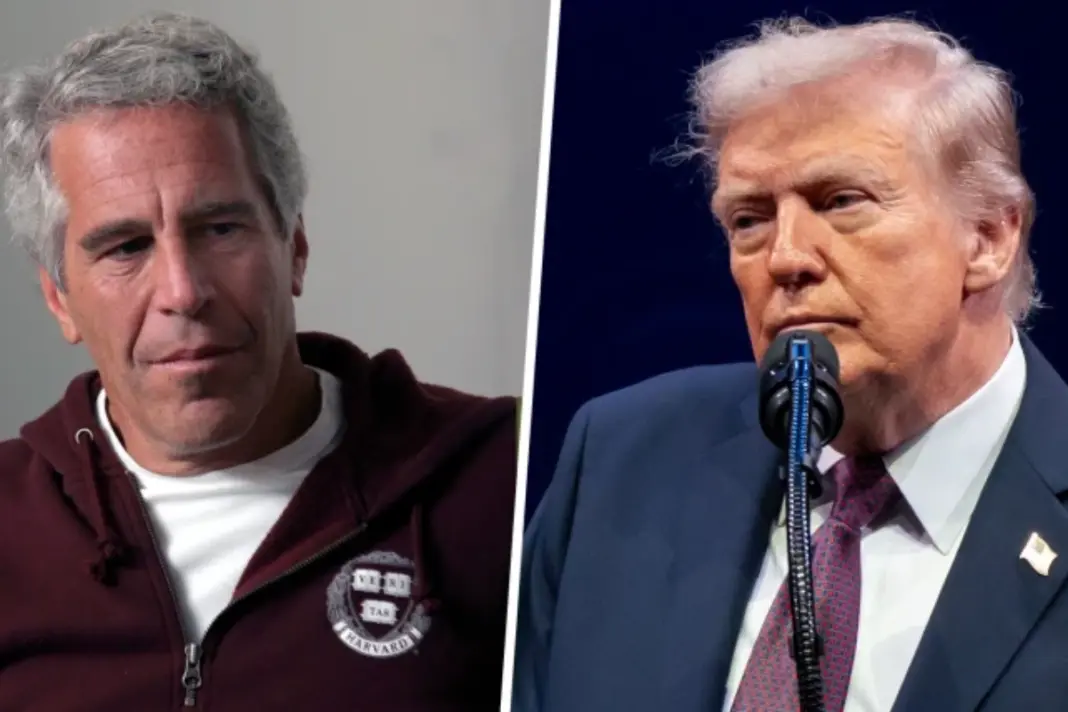Epstein File: In an exceptional instance of nearly united leadership in both parties, the U.S. Congress has removed the last hurdle for one of the most scrutinised disclosures in American history — the release of the Epstein files. The House approved the Epstein Files Transparency Act with only one dissenting vote (427-1) . The Senate approval now sends it to President Donald Trump; the ultimate decision lies in his hands.
Senate Approval Brings Attention to the Oval Office
The willingness of the Senate to agree to the bill speaks of the pressure from the public and the unusual desire of lawmakers to open these long-held secret documents. The measure requires that the Department of Justice publish all unclassified documents relating to Epstein’s criminal enterprise, including travel logs, conversations, financial records, and investigative materials.
DON'T MISS
Victims’ identities may be redacted for safety issues, but the bill prohibits the government from blocking publication just because the information is embarrassing to prominent individuals. This alone shows how speculation is growing about who might be released or associated as a result.
Trump’s Position: From Uncertainty to Possible Backing
President Trump originally rejected the push for the release of the Epstein file, insisting it was politically motivated. However, in recent days, he has said he would sign the bill if it were sent to him. Now that it is on his desk, we will see if he acts quickly to sign it or if he will slow it down by reviewing the bill again.
Political analysts have stated that opportunity and risk exist for Trump in this matter. By signing the bill, he boosts his image as an advocate of transparency. If he delays the signing, it could provide fodder for his critics ahead of the election season.
Key issues and likely roadblocks ahead
Even if Trump signs the bill, the process is unlikely to be straightforward. The DOJ will likely argue there are privacy concerns, potential national security issues, and pending investigations that would limit its ability to release some of the records. An expert source cautions that there are comparison differences even with a strong bill, which does not prevent agency pushback.
Activist organisations advocating for Epstein survivors say this is the closest this country has come to getting access to the full story of who has covered up for Epstein for decades. Many activists consider the progress of the bill a historic step toward accountability.
The DOJ must start releasing Epstein-related documents in phases if Trump signs the act into law.
- Watchdog organisations and lawmakers will keep a careful eye on compliance.
- Any excessive redaction or delay will be challenged politically and legally.
For the time being, the most important question is still whether the Epstein files will be made public and how much of the truth will be revealed to America.



